Freedom is an Open Heart
03/12/2012 11:39:27 AM
I just came home from teaching at the Sunday night meditation group at Shomrei Torah hosted and often lead by Sheila Katz & David Rubinstein. They have been faithfully holding the meditation space at Shomrei Torah for years. Thank you David & Sheila!
My focus for the evening was “Loving Kindness” or as the Buddhists call it: “Metta”. Metta is a meditation practice where you wish people – yourself, loved ones, folks that you struggle with – well. Here are the words that I use:
May I be safe
May I be happy
May I be free from suffering
May I be at ease.
I have spent years (yes, years) wishing myself and others well in this way because I believe, b’chol l’vavkha/with all my heart, that Loving Kindness, which Metta fosters – an open heart –is the whole Torah and the way of the Tzadik.
It may seem simple (too simple) but don’t be mislead.
We are commanded to “love our neighbor as ourselves”. That means that our ability to love our neighbor is in some way dependent upon, tied to our ability to love ourselves.
Tell the truth: do you love yourself? Sylvia Boorstein asked me this question once. I started to cry. In my experience, self love can be one of the hardest things for most of us yet, how can we “love our neighbor” if we can’t accept, let alone love ourselves? This is where Metta can be so helpful because by wishing ourselves well we inevitably confront the aspects of our lives that we struggle with; it is not the confrontation that is healing but rather the acceptance that Metta teaches; even the yucky stuff is worthy of, in need of, calling out for a blessing.
Every morning a praying Jew says, Elohai neshema sh’natata bi t’hora hi/My God the soul you have given me is pure! Pure! My essence, your essence, our core is ta-hor, pure! That is the message that Metta reinforces; no matter what has happened to us, or even what we have done, no one or no thing can take that holy, pure essence from us!
Purim just ended and my mind is still in some ways lingering there. Purim is all about the vulnerability of Exile. Esther is the ultimate symbol of that vulnerability, a crypto Jew, who lives at the whim of a foolish and capricious king as a glorified concubine in his harem; rape has always been part of the vulnerability of exile.
May we be safe
May we be happy
May we be free from suffering
May we be at ease
It was so poignant to celebrate Purim as the threat of a nuclear Iran hit the world stage. Hard to know which to be more afraid of: Iran or Israel attempting to take out Iran’s nuclear capability on its own.
May we be safe
May we be happy
May we be free from suffering
May we be at ease
The focus gets infinitely clearer since my son Levi is in Israel as I write this blog, at a high school called Harduf, in the north near Haifa. You see, if war breaks out with Iran (or even if it does not) it is likely (possible) that Iran’s client, Hezbollah, which has taken over most of Lebanon, will rain rockets down on northern Israel and my son, with everyone else, assuming he/they get there in time, will be living in a bomb shelter.
May they be safe
May they be happy
May they be free from suffering
May they be at ease
So, do I wish Ahmandinejad well? “May you be ….” No. That’s way too tall of a spiritual order for me! Yes, I do think the Dalai Lama or the Bal Shem Tov, z”l, or maybe even the late Rabbi Schneerson, z”l, could pull off such a thing but I must confess that such an act of hesed, of loving kindness is beyond me, at least at the moment. But I will note, even as I write these words, that it does not feel good to wish Ahmandinejad ill either! Don’t misunderstand; I am not saying we should just “turn the other cheek”. That is another religion altogether! We have every right to defend ourselves. Indeed it is a mitzvah, a commandment for us to defend ourselves. The question is, do we harden our hearts in the process?
Golda Meir once said: “I can forgive you for killing our sons but not for making our sons kill yours…”
Purim is past and Pesakh is just around the corner. In Purim, God’s face is hidden; humans do all the work. In Pesakh we see the great hand of God in history, parting the sea, bringing down manna from heaven. It is Pharaoh’s heart that is hardened; we are set free! What is freedom but an open heart?
May we be safe
May we be happy
May we be free from suffering
May we be at ease
Hag Sameakh!
RG

